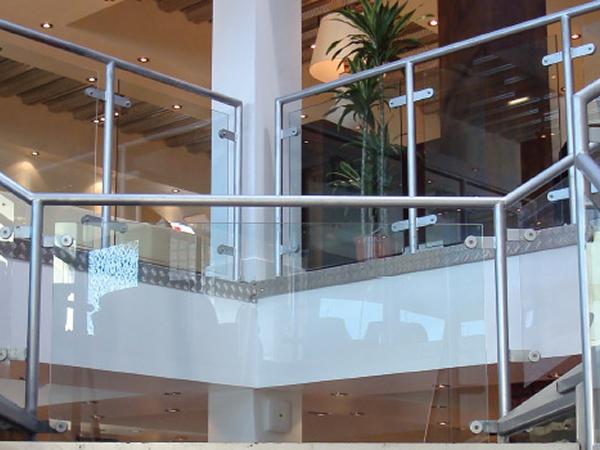
Date: 13 January 2017
Toughened glass is one of the most widely used glass products in the world. Up to five times stronger than standard annealed glass, it is also more thermally stable, withstanding sudden temperature changes which would cause plate glass to crack.
While toughened glass is much harder to break than annealed glass, when it does break it crumbles in its entirety into small, harmless pebbles. In most instances this means it is a far safer product to use, as there are no razor-sharp shards left behind.
However, the crumbling characteristic of toughened glass can also have a downside.
Why would heat soaking be necessary?
Toughened glass is produced by a process called thermal tempering, where float glass is heated up to its transition temperature of around 650°C, when it begins to soften.
It is then rapidly cooled, so the surface of the glass is cool, while internally the glass remains hot. This creates centre tension in the glass.
On rare occasions, this tempering process can cause problems if the plate glass used has microscopic inclusions within it.
Nickel sulphide particles formed in the production of the plate glass will cool down at a different rate to the rest of the glass. As they cool, they increase in volume, causing additional stresses within the toughened glass.
The result can be that the toughened glass shatters, seemingly spontaneously.
While this is rare, when it does happen it can cause major inconvenience and be expensive to replace.
The heat soaking process serves to ‘weed out’ any sheets of toughened glass that are liable to spontaneous breakage. Sheets of toughened glass stacked in the heat soaking machine are warmed to 290°C for several hours.
Any nickel sulphide particles present will be forced to transform to their low-temperature state during the process, causing the toughened glass to shatter in a controlled environment rather than on-site weeks, months or even years after installation.
Heat soaking will identify more than 95% of problem panes.
So when should I consider heat soaking?
The heat soak process adds a premium to the price of toughened glass. But when the potential risks, cost and inconvenience of replacing shattered panes on-site outweighs this premium, it is a process worth considering.
Here at Tufwell Glass, we recommend clients consider heat soaking for the following applications:
1. Frameless glass balustrades: If a frameless, cantilevered or structural glass balustrade shatters, the absence of any kind of frame or handrail could pose a significant safety risk
2. Infill glass balustrades: If fallout from a glass balustrade is going to be a significant issue, for example if the balustrade is on an overhead balcony or a mezzanine floor, we would recommend heat soaking.
3. Exterior glass doors: A shattered toughened glass door would pose a significant security risk to both commercial and domestic sites.
4. Sloped overhead glazing: Again, the potential risk of shattered toughened glass falling on people from overhead glazing makes this a candidate for heat soaking.
5. Glass spandrels: Shattered toughened glass spandrels could pose a risk to the public from falling glass, as well as being a major inconvenience to replace.
Tufwell Glass offers the option of heat soaking toughened glass at our factory in Crawley.
 600450
600450

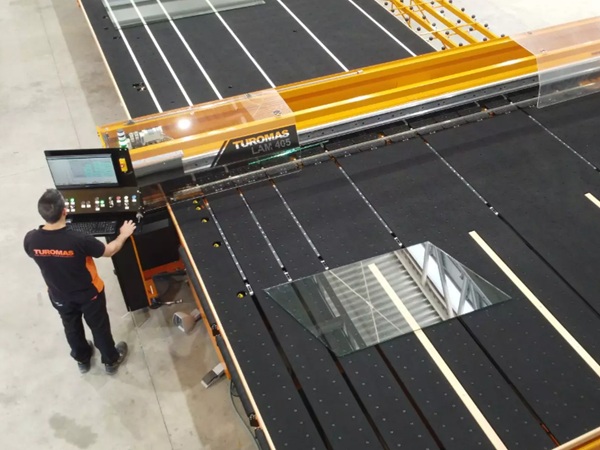
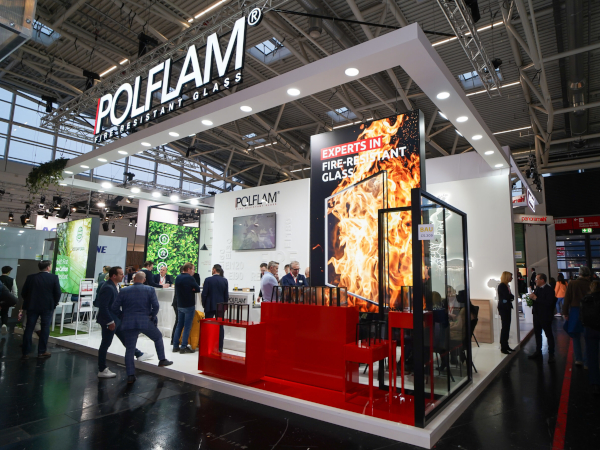
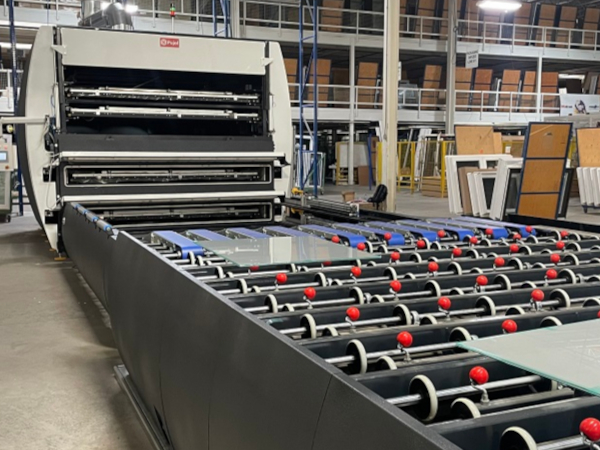


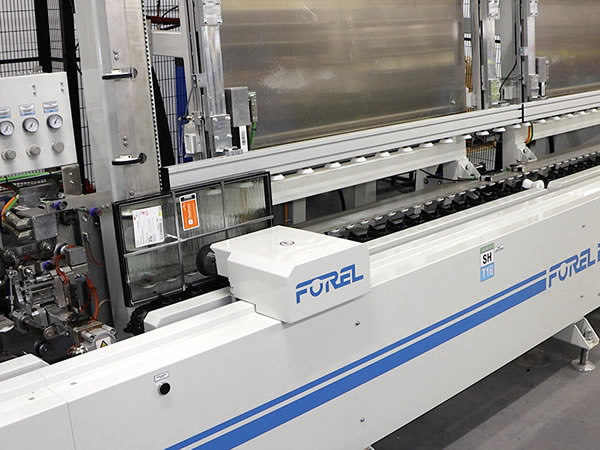


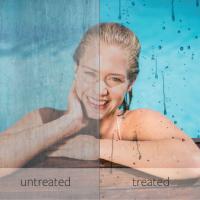

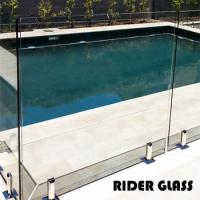
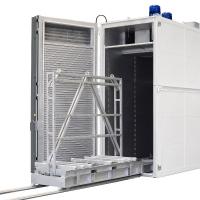

Add new comment